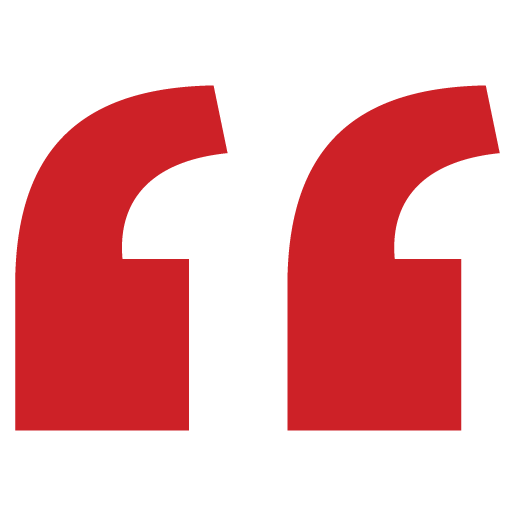B.A. in Economics
Economics offers a distinct lens for understanding both individual and social behavior often called the “economic way of thinking.” Through this approach, students gain powerful and sometimes unexpected insights into major social issues, including discrimination, crime, poverty, welfare, education, income inequality, and environmental degradation. Economists actively examine how markets function and analyze how organizations behave. In addition, they study the broader forces and trends that affect our standard of living, unemployment rates, and inflation.
The Economics major at Otterbein balances theory and application. Real-life experience is integrated in all courses and comes from local, national and international scenes. The Otterbein Economics degree prepares you to pursue many excellent and rewarding employment opportunities in private, public and nonprofit sectors of the economy. Additionally, a bachelor’s degree in economics offers a solid preparation for graduate education – not only in economics, but also in law, political science, all areas of business, and disciplines with an international focus.
Careers in Economics
Careers in economics are varied and may include economic and business consulting, labor/trade organizations, banking, insurance, international business, financial planning and analysis, government (federal, state, and local), nonprofit organizations, Federal Reserve system, politics and education.
Many recent Otterbein University graduates who majored in economics are employed with private consulting companies and businesses in Ohio. Others have found employment in the public sector and with labor/trade organizations. Some of our recent graduates have pursued graduate degrees in economics and law at top-level institutions.
| Student Learning Outcomes | University Learning Goals (KMERI*) |
| GOAL 1: Gain a deep understanding of economic theory and its applications. | |
| 1.1 Students will be able to explain and apply economic models that focus on the behavior and actions of individual units within an economy (ECON 2100 and ECON 3100). | Knowledgeable, Inquisitive |
| 1.2 Students will be able to explain and demonstrate how the economy works in the short-run, long-run, and very long-run in the context of the most influential macroeconomic models (ECON 2200 and 3200). | Knowledgeable, Multi-literate |
| 1.3 Students will be able to explain and assess the effects of fiscal, monetary, and trade policies on the economy in the short-run, long-run, and very long-run (ECON 2200, 3200, and 3300). | Knowledgeable, Engaged |
| 1.4 Students will be able to use economics knowledge to (i) gain insights on public issues and problems and (ii) formulate effective solutions to those problems (All ECON courses). | Engaged, Responsible |
| GOAL 2: Gain a deep understanding of methods of data analysis used in economics. | |
| 2.1 Students will be able to estimate relationships between economic variables using appropriate econometric techniques (ECON 4500). | Knowledgeable, Inquisitive |
| 2.2 Students will be able to develop and test economic hypotheses using appropriate econometric tests (ECON 4500). | Responsible, Inquisitive |
| GOAL 3: Gain a deep understanding of various fields of study in economics. | |
| 3.1 Students will be able to explain and apply the major concepts, theoretical perspectives, basic research findings and methods in at least four of these fields of economics: International Economics (ECON 3300), Public Finance (ECON 3500), Labor Economics (ECON 3600), Money and Banking (ECON 3800), Environmental Economics (ECON 4250), and/or Economic Development and Growth (ECON 4400). | Multi-literate, Engaged |
| GOAL 4: Gain effective communication skills. | |
| 4.1 Students will be able to effectively communicate economic content and arguments in written and spoken forms (All ECON courses). | Multi-literate, Responsible |
*NOTE: KMERI refers to Otterbein's learning goals. It stands for Knowledgeable, Multi-literate, Engaged, Responsible, and Inquisitive. To learn more about KMERI, visit our University Learning Goals page.
Apply
Now!
